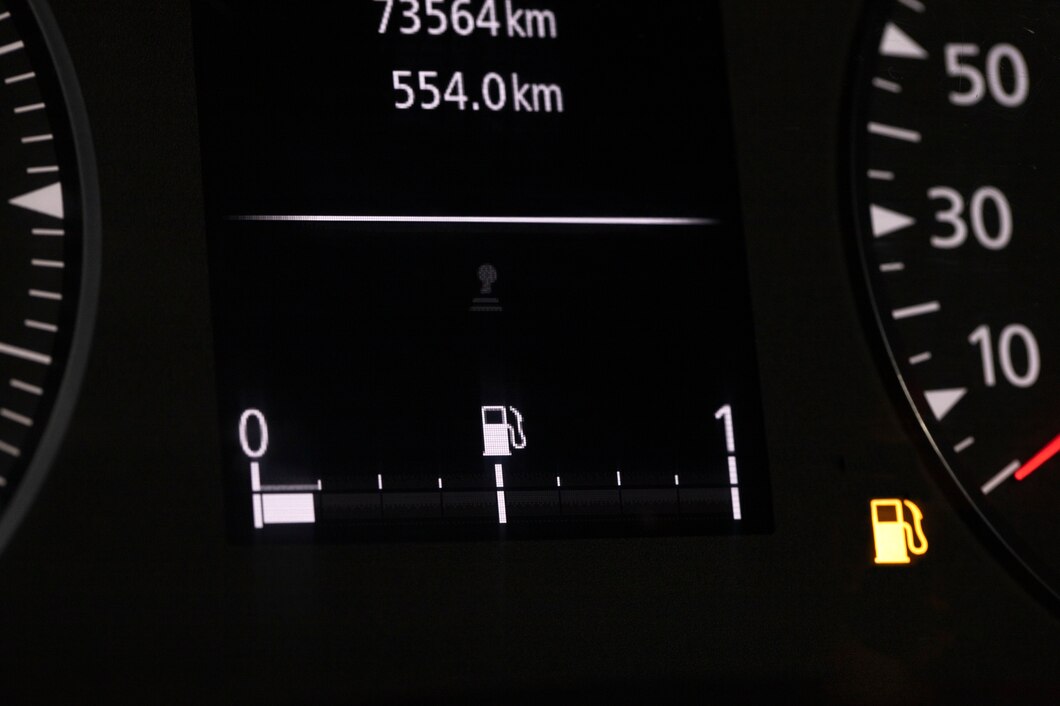The Positive Crankcase Ventilation (PCV) valve is a small but critical component of your car’s engine system. It helps regulate the flow of gases between the crankcase and the intake manifold, preventing the buildup of harmful vapors and maintaining engine efficiency. However, like any other part, the PCV valve can become faulty over time. Recognizing the early signs of a faulty PCV valve can prevent engine damage and ensure smooth performance. Here are some indicators to watch for:
1. Check Engine Light
One of the most common signs of a faulty PCV valve is the illumination of the check engine light on your dashboard. The PCV valve regulates the flow of gases in the engine, so a malfunctioning valve can trigger the onboard diagnostic system to detect a problem. If your check engine light comes on, have your car’s diagnostic codes read to determine if the PCV valve is the culprit.
2. Poor Fuel Economy
A faulty PCV valve can disrupt the air-fuel mixture in the engine, leading to decreased fuel efficiency. If you notice that your car is burning more fuel than usual or that your gas mileage has decreased, it could be a sign of a PCV valve problem. Addressing the issue promptly can help restore optimal fuel economy.
3. Engine Misfires
An improperly functioning PCV valve can cause engine misfires or rough idling. This occurs when the valve fails to regulate the flow of gases effectively, leading to an imbalance in the air-fuel mixture. If you experience irregular engine operation, such as sputtering or hesitation, it’s essential to have your PCV valve inspected.
4. Oil Leaks
A faulty PCV valve can cause excess pressure to build up in the crankcase, leading to oil leaks. You may notice oil seeping out from various engine components, such as the valve cover gasket or oil filler cap. Inspect your engine regularly for any signs of oil leaks and address them promptly to prevent further damage.
5. Increased Engine Noise
A failing PCV valve can also result in increased engine noise, particularly a loud whistling or hissing sound. This noise occurs when air leaks past the faulty valve, disrupting the normal operation of the engine. If you notice any unusual noises coming from your engine, have it inspected by a mechanic.
6. Smoke from Exhaust
Excessive oil consumption due to a faulty PCV valve can result in blue or gray smoke coming from the exhaust. This smoke is caused by oil burning in the combustion chambers, indicating a problem with the PCV system. If you observe smoke from your exhaust, it’s essential to have your car inspected immediately.
7. Poor Engine Performance
A faulty PCV valve can lead to decreased engine performance, including reduced power and acceleration. If your car feels sluggish or struggles to accelerate, it could be due to an issue with the PCV system. Addressing the problem promptly can help restore optimal engine performance.
The PCV valve plays a crucial role in maintaining the efficiency and performance of your car’s engine. Recognizing the early signs of a faulty PCV valve can help prevent further damage and ensure smooth operation. If you experience any of the symptoms mentioned above, it’s essential to have your PCV valve inspected and replaced if necessary. Regular maintenance and inspection of your car’s PCV system can help prolong the life of your engine and ensure trouble-free driving for years to come.











